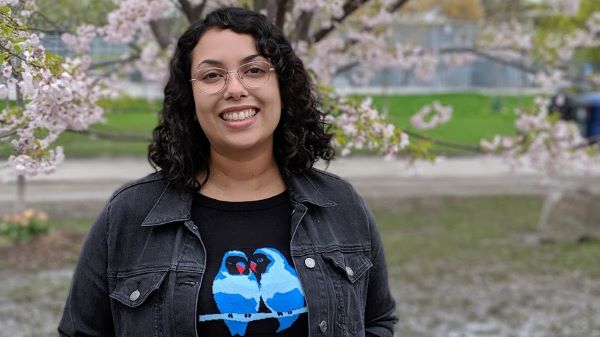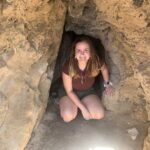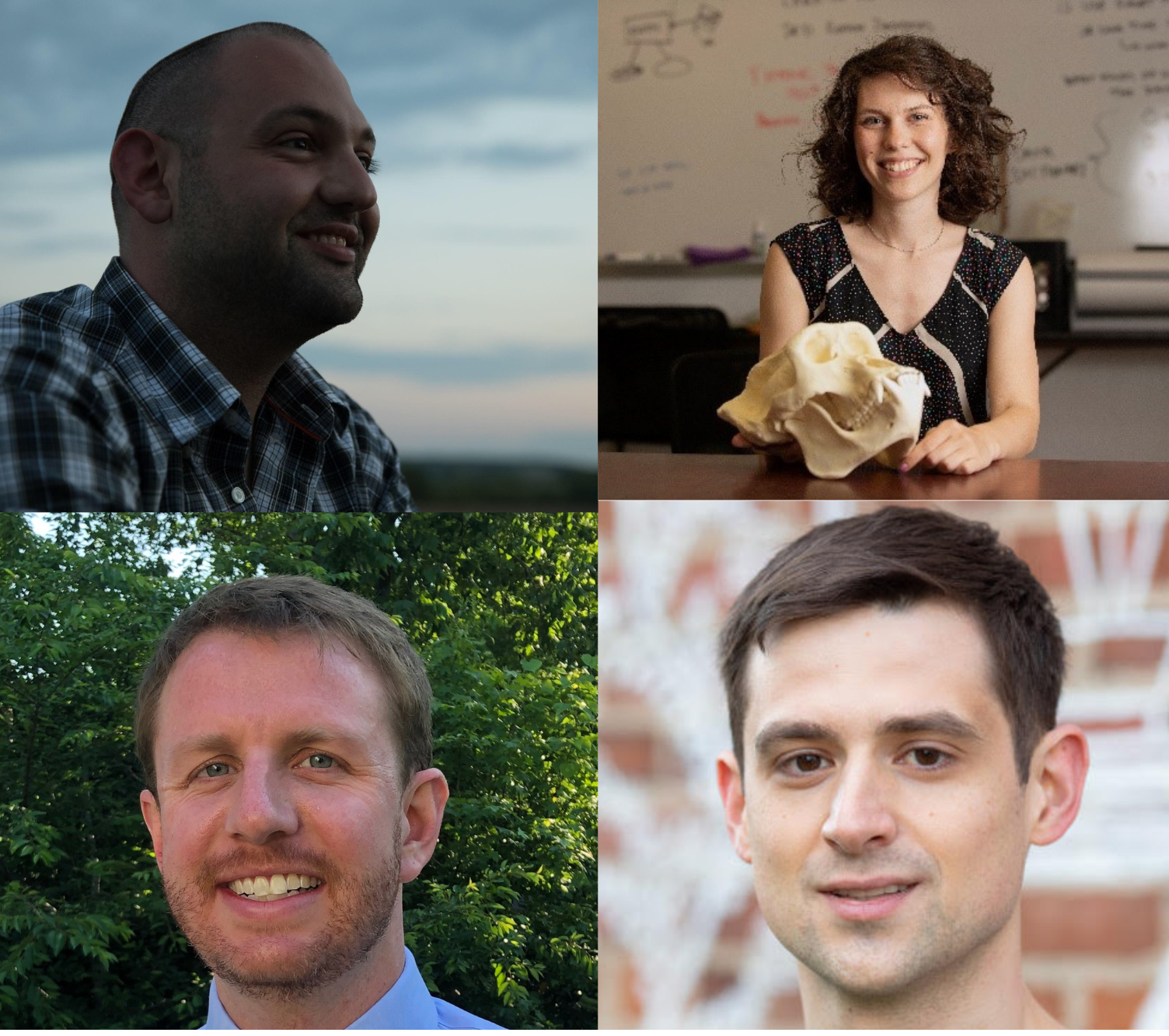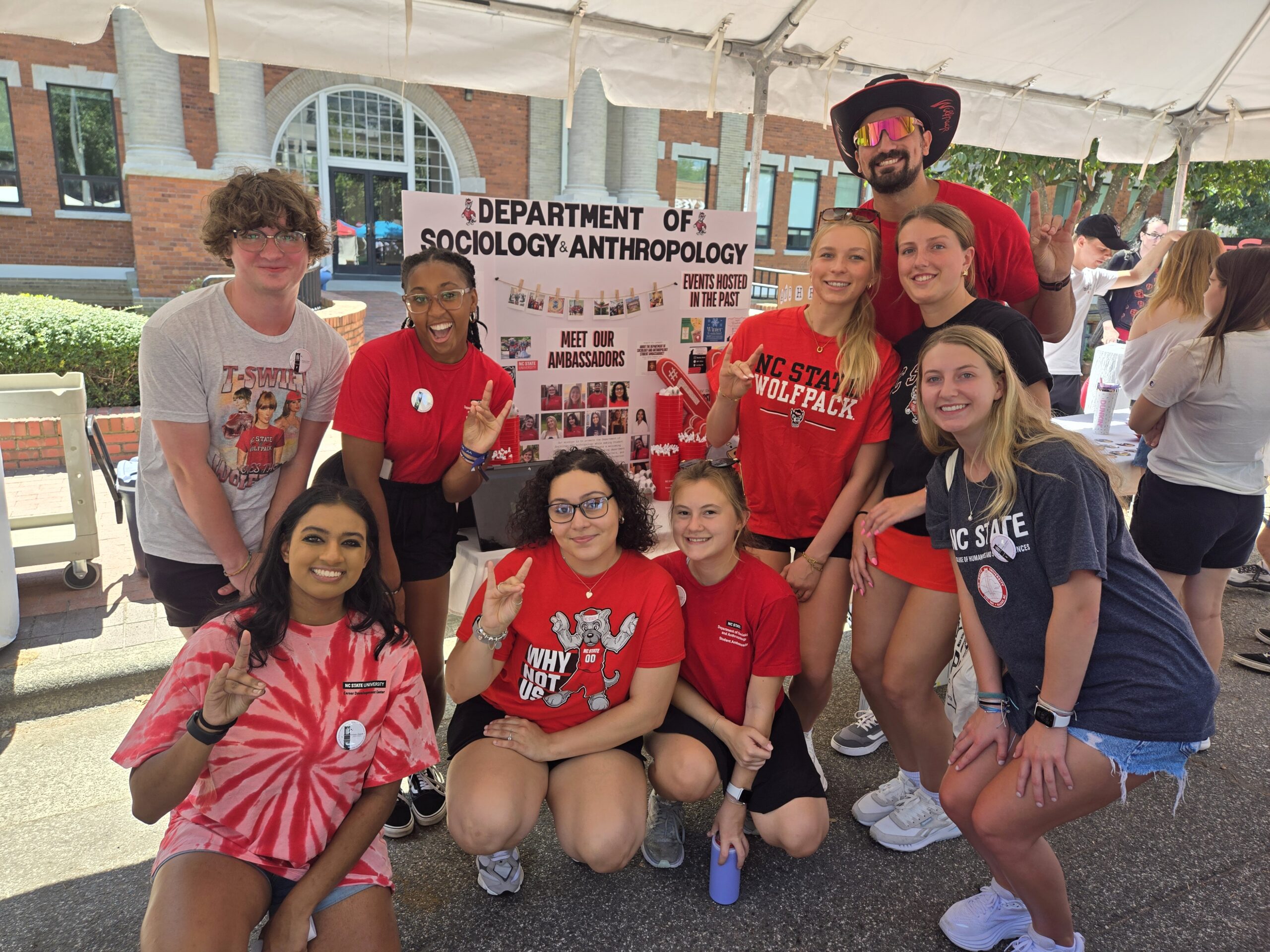An Interview with College of Humanities and Social Sciences counselor, Jenn Archer.

The term “resources” mean different things for different people. Resources can be food, shelter, and access to basic necessities. Resources can also be the writing center, counseling center, career development, financial wellness, and other resources that better someone’s educational reach. NC State offers all of these resources and more to its students, however access to these resources are impossible when people don’t know about them.
I had the opportunity to interview and meet the College of Humanities and Social Sciences counselor, Jenn Archer. As a mental health professional, Jenn has an unavoidable job of dealing with struggling students from all backgrounds. Everyone has different needs and prefers different methods of approach to their issues. Working around these difficulties and inescapable differences of humanity, Jenn is able to connect with students on a personal and professional level. She is a mentor, a friend, but most importantly she is a counselor. I was able to ask her questions about her career choice and what brought her here to NC State.
What made you decide on your career path and how has it led you to NC State?
“It makes me laugh to think about the idea now, but I actually started college thinking I would go on to be a professor/graduate research adviser. I loved the idea of mentorship and working with marginalized students, but I did not connect that idea with counseling until my first semester of a PhD program. This eventually led me to change graduate programs to pursue Counseling Psychology (better late than never…), and I have been in university counseling centers ever since! I originally came to NCSU’s Counseling Center as part of a required yearlong internship to complete my PhD (think of it like residency for medical doctors). I then worked a contract job in the Center after graduating and was brought on full-time as the embedded clinician for CHASS. I’m always happy to do informational interviews from students who are curious about the counseling field because it’s knowledge I wish younger Jenn could have had. “
What has been the most impactful interaction you have had so far in your career?
“A past supervisor, also a WOC, shared about the negative experiences that led her to lose steam and excitement for her career before she even finished her degree. I often reflect on her encouragement to do what I can to advocate for myself and to protect my heart from the parts of this career that can grind you down so quickly. I will never forget the seriousness with which my supervisor urged me not to lose my passion and care as I continue on. She didn’t sugarcoat the reality of the gig, but it came from a desire to protect the next generation, which I respected, admired, and wanted to embody myself. To be supported by and to support other BIPOC women is truly what gets me out of bed some days.”
What was the most difficult part of your educational journey in becoming a counselor?
“Not taking my work home with me mentally/emotionally was a major hurdle to reducing burnout during my educational journey. When I first started providing therapy, I would get migraines and feel physically drained from how much I worried about clients. These reactions were not sustainable, so as I honed that clinical muscle, I had to be very mindful of how to put away my work when I was not in the office. This is not about caring less but more about being able to rest and recharge so I can be fully present for my clients when they are in front of me. Whenever I meet with folks who want to go into this field, I always emphasize the importance of compartmentalizing as a survival strategy.”
Jenn, who is a new addition to the NC State team, has an office in the 1911 Building where she meets with students regularly to offer advice, kindness, and motivation for any problem they may face during their time in CHASS. The NC State community has undeniably suffered these past few years, and in efforts to mitigate these losses and ensure that there is healing within the school. While words mean nothing to the tremendous pain NC State went through, the actions mean everything. Which is why Jenn’s position in our college is crucial in guiding us along that path to healing. After the difficulties NC State as an institution faced, students fought for better access to resources and for more of them. It was necessary for students to continue their educational journey alongside these tragedies for more resources to be provided to the student body.
Coming to a new position is already difficult in itself, but joining in with a currently healing community is even more difficult. The challenges that mental health professionals may face are ten-fold and so many people are looking to find that guidance. Obstacles are experienced everyday for these professionals and how they work around these obstacles are just as important as the obstacles themselves. In our interview, I asked her about what impact she would like to have and the experiences that she has already had at our institution.
What is your desired impact that you would like to have on NC State’s campus?
“Destigmatizing accessing mental health services is the easy answer, but I really want to encourage students to take a preventative lens to their mental health the same way they would for their physical health. Get support early and holistically, whether it be having a tough conversation with a friend, talking with a career counselor, or really actually making time to go for a walk. The more avenues of support you have, the easier it will be to ask for help when you need it and feel empowered enough TO ask for that help. I want to do what I can to promote and encourage this shift in how we talk about getting support. “
Even though you have been with NC State for only a short time, what is the most memorable moment you have had so far?
“One time a student at drop-ins confessed that she hadn’t felt ready to speak with me at first, but after seeing me at various campus events she eventually felt comfortable enough to come in. To me, that was a powerful reminder that we don’t always see and feel the impact of our roles but that our presence alone can be valuable in planting the seeds for students. It’s why when students say “I should have come in sooner” I will always say “well I’m glad you’re here now”. “
Have you faced any obstacles that have challenged you in your career and how did you overcome them?
“Facing obstacles is a given when it comes to a mental health career. I would not have made it this far without colleagues, mentors, and friends who helped me from internalizing obstacles as personal faults. I will always have room to grow personally, but there are inherent limits to doing this work within a larger system, whether that be a university setting or otherwise. There is a delicate dance to managing both the client-facing and behind-the-scenes aspects of the work, and I couldn’t do it without the rest of the team at the Counseling Center and beyond. “
I got to know a little bit about her as a person and as a counselor. The person comes before the career and it’s easy to forget that professionals are both people and professionals. It’s important to maintain your humanity to better your mental health and your personal health by dividing and acknowledging both of those sides.We both got into embroidery at the start of the pandemic, which was super fun to learn about these similarities, and we actually got into it for similar reasons. Getting away from technology.
After a hard day, what levels you out? (For me, my cats silly antics can wash away any anxiety or hard day 🙂)
“Making art for art’s sake. I got into embroidery during the 2020 lock downs, and that has expanded into needle felting and, most recently, collage making. I love having something that challenges my creative muscles and that isn’t being made to sell or for homework. If you ever come to my office, you will be inundated with my creations, which I call my “little guys”. They just make me so happy!! “
I, however, mainly learned about her career and her position here at NC State. Through her commendable work, I learned what she valued most is community and how she hopes to be a part of the process in building that sense of belonging. Everyone deserves to feel like they belong, that they are a part of something bigger than themselves. NC State can provide that feeling and so much more, with its diverse range of majors and people, there is endless opportunity to make friends, experience new activities, and connect with new ideas. The resources and events offered at NC State are a great way to find those opportunities.
What inspires you most about your career?
“I am endlessly amazed by the resilience and potential of the students I have the privilege of working with. So often students just need a mirror to bounce their words back to them so they can hear the wisdom they already have. My clients work so hard to figure out how to be their best selves, and it‘s just awesome to witness their efforts, whether we meet once or for a whole school year.”
Finally, to any student out there who may be reading this article, what is one thing you would like them to know?
“All of us need a community. We’re so often taught to not “burden” others with our worries and just power through, but in doing so, we miss out on the deeper, truer connections we can build through a strong support system. Take care of yourself, and please get more sleep!”
This article was written by Olivia Fiser, Anthropology and History Major and Department of Sociology and Anthropology Student Ambassador.



